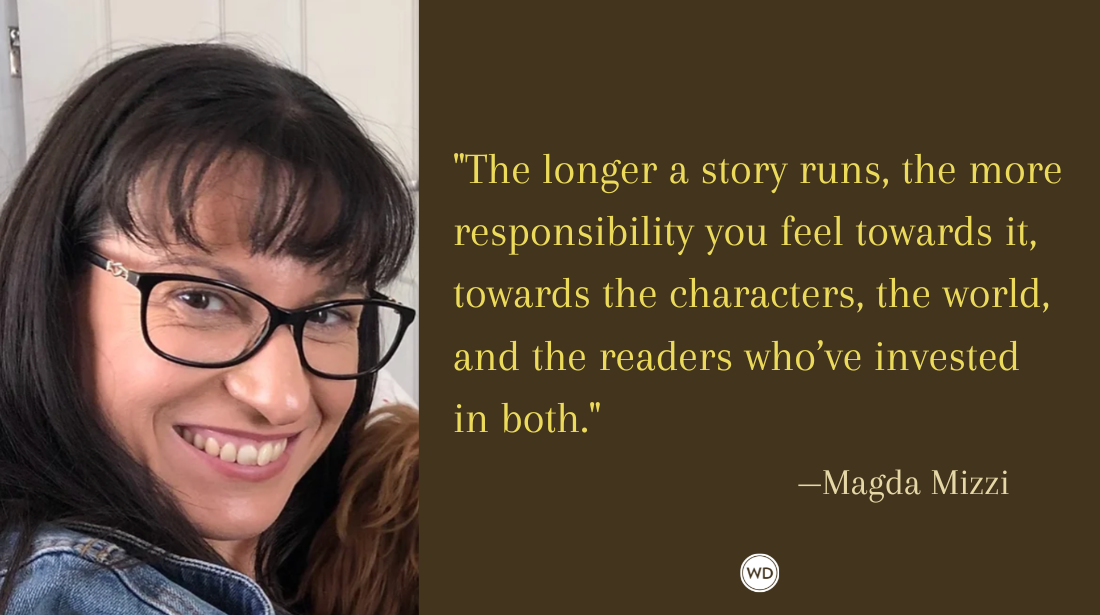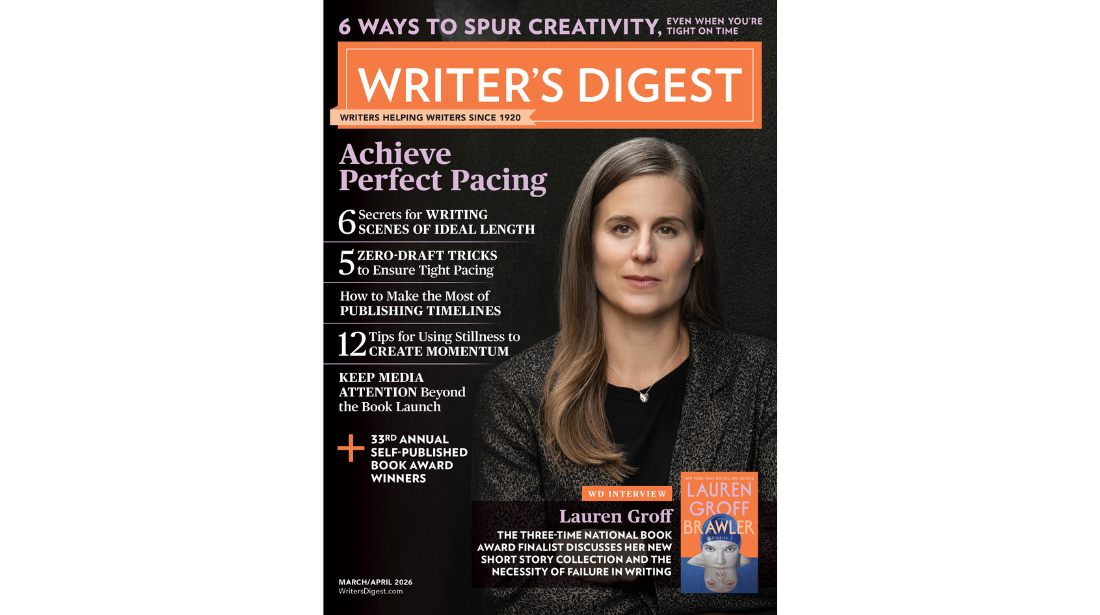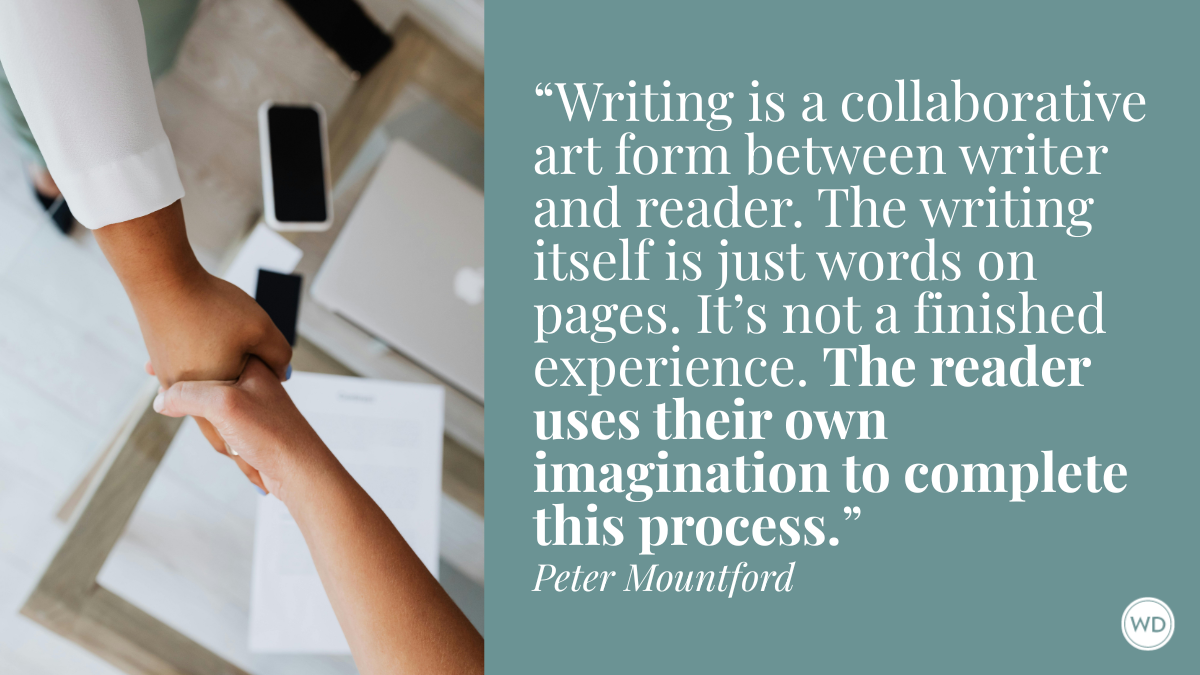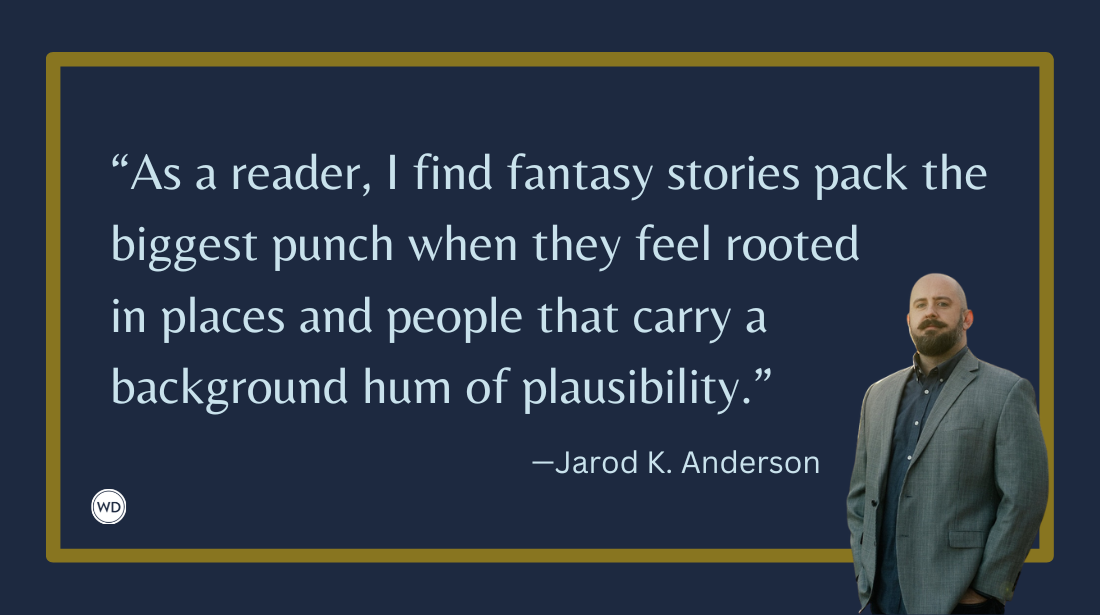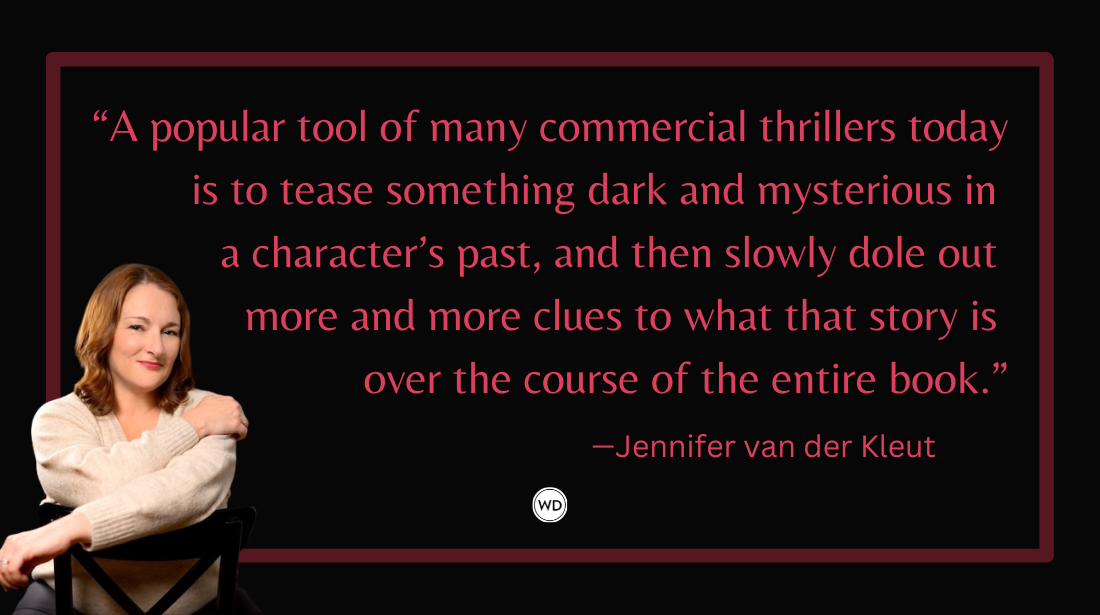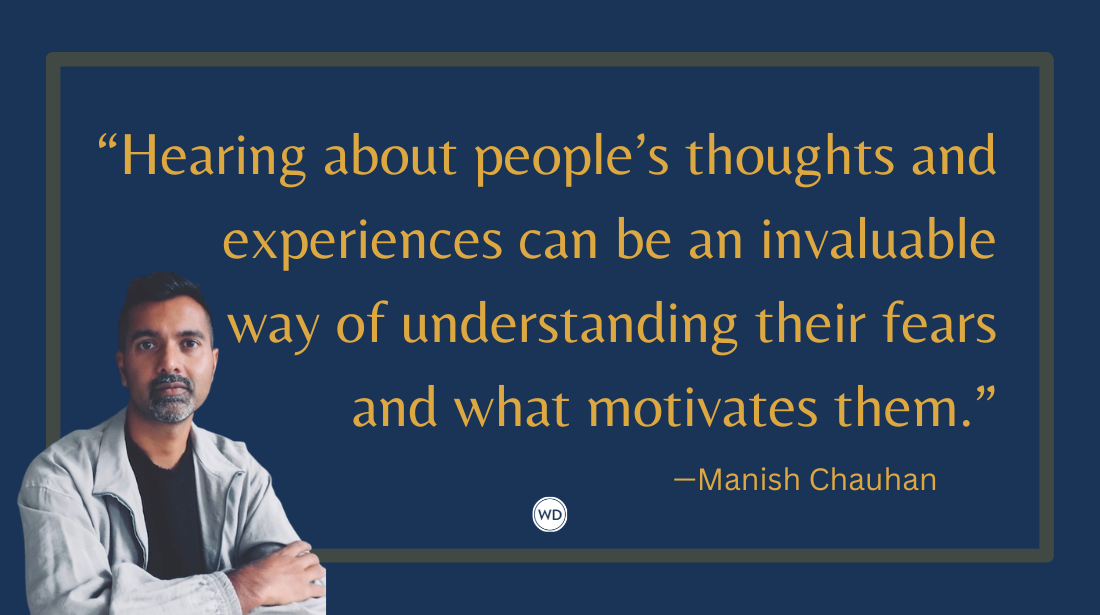Who Are Sensitivity Editors? And How Much Does Sensitivity Reading Pay?
Sensitivity readers offer a very specific and focused edit to manuscripts. Here, C. Hope Clark shares what a sensitivity editor is, how much it pays, and where you can start.
Long before woke-ism became a word, a sensitivity reading was deemed a serious need, and sensitivity readers established their niche. Publishers and authors hire them to basically cancel-proof their books before they hit the street, hoping to head off any misspoken messages . . . hoping to depict peoples in an accurate light when it comes to genre, race, ethnicity, sexual orientation, and more.
Sensitivity edits are a publisher’s or editor’s insurance to protect reputation and ward off profit loss, just in case, and an author’s attempt to depict characters in an accurate light. Entities purchase a sensitivity read when the writing is outside of their expertise or experience, or they are uncertain they depicted details properly.
What Types of Sensitivity?
Sensitivity editing is highly distinctive and widely diverse, and each editor brings a unique set of skills or experiences to the table. Said editing is more than gender and race. An editor’s skill set might include familiarity with cancer or any of a zillion diseases; disabilities, acquired or congenital; types of depression or attention disorders; bullying; abuse (physical, mental, marital, parental, spousal); diet (vegetarian, vegan, non-gluten); or experiences (immigrant, motherhood, body image, assault). Some will limit their reading to certain genres or show a preference for length: short stories, novels, articles, or essays. Some only review nonfiction.
What Does Sensitivity Reading Pay?
Sensitivity reading can be considered strenuous and taxing depending on the depictions in the work. As a result of the effort needed, freelancers often offer this service as a sideline to their larger portfolio of writing offerings. Editors offer it as a separate type of editing atop that of developmental, copyediting, and proofreading.
Sale and Sage (saltandsagebooks.com) is an editing service, with a stable of sensitivity editors. Each brings unique views of specific peoples, lifestyles, and life experiences. Their starting charge is $90 per 10,000 words. Keep in mind this is sensitivity editing, not other editing. The package of sensitivity reading and a development edit, for instance, starts at $330 per 10,000 words. This price usually includes a one-time read and one feedback.
Writing Diversely (writingdiversely.com) specializes in sensitivity reading and offers a wide cadre of readers. Charges start at $.0008 per word, depending upon length and genre with a $75 minimum. A penny a word is the norm with various price breaks depending upon length.
Who Are Some of Your Peers?
Many individuals hang their own shingle versus joining a company, preferring to niche their sensitivity offering much like a freelance writer chooses a niche to write. Note that they are open with who they’ve worked for in the past and what they charge.
Patrice Williams Marks (patricewilliamsmarks.com) specializes in African American sensitivity readings but her list of other added experiences are many from end-of-life palliative care to interracial dating.
Shenwei Chang (readingasiam.blog), with degrees in Asian American Studies, Children’s Literature, and Library Science, covers a lot of Asian culture. Some of her clients include HarperCollins, Simon & Schuster, Penguin Random House, and Disney Hyperion.
Lola Isabel (lolaisabel.com/sensitivity-reading) takes her work to another level, dividing her edits into three styles. A sensitivity editor who seeks bias in representation of traditionally marginalized people. A diversity editor who goes beyond the above general oversight to include editing changes. Then a cultural consultant who will work with the author/writer on developmental changes.
Be aware that sensitivity reading comes with advocates and opponents. Advocates see such editing as necessary to address marginalization issues and present them accurately to the unknowing, raising a writing quality. Opponents feel they run the risk of stereotyping or policing expression of thought.
But as a freelance writer, as a writer with particular experiences and background, being a sensitivity reader can become an additional tool to offer potential clients.
C. Hope Clark is the founder of FundsforWriters.com, noted by Writer's Digest for its 101 Best Websites for Writers for 20+ years. She is a freelance writer, motivational speaker, and award-winning author of 16 mysteries. www.chopeclark.com | www.fundsforwriters.com




